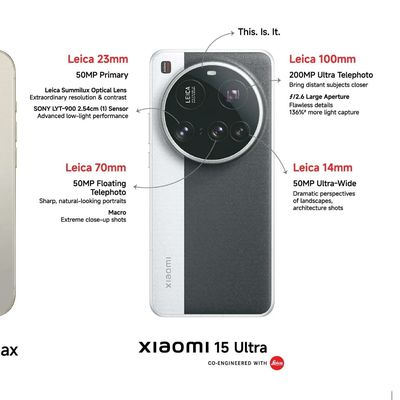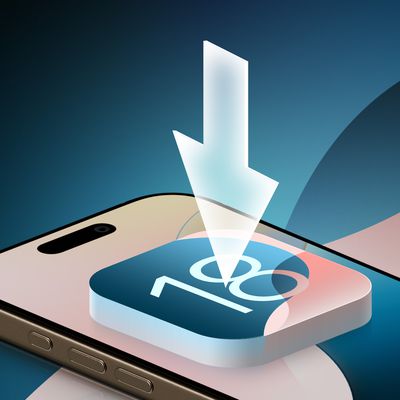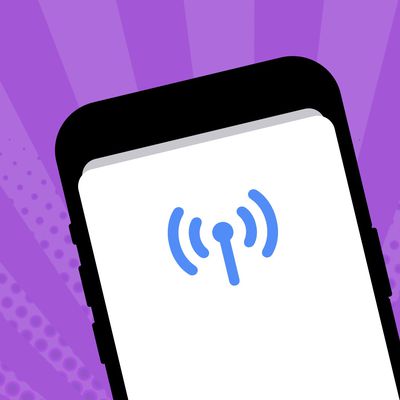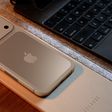Apple to Address '0.0.0.0' Security Vulnerability in Safari 18
Apple plans to block websites from attempting to send malicious requests to the IP address 0.0.0.0 on macOS Sequoia, according to Forbes. The means the change will be part of Safari 18, which will also be available for macOS Sonoma and macOS Ventura.
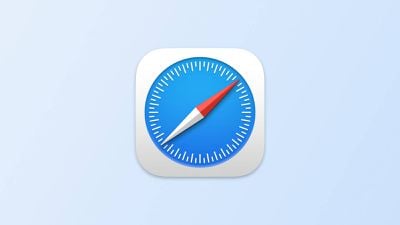
This decision comes after researchers from Israeli cybersecurity startup Oligo Security said they discovered a zero-day security vulnerability that allows a malicious actor to access private data on a user's internal private network. The researchers will present their findings this weekend at the DEF CON hacking conference in Las Vegas.
"Exploiting 0.0.0.0-day can let the attacker access the internal private network of the victim, opening a wide range of attack vectors," said Avi Lumelsky, a researcher at Oligo Security.
The researchers responsibly disclosed the vulnerability to Apple, Google, and Mozilla. More details are available on the AppSec Village website.
macOS Sequoia and Safari 18 are currently in beta and will be widely released later this year.
Popular Stories
Apple is expected to unveil the iPhone 17 series on Tuesday, September 9, and last-minute rumors about the devices continue to surface.
The latest info comes from a leaker known as Majin Bu, who has shared alleged images of Apple's Clear Case for the iPhone 17 Pro and Pro Max, or at least replicas.
Image Credit: @MajinBuOfficial
The images show three alleged changes compared to Apple's iP...
An iPhone 17 announcement is a dead cert for September 2025 – Apple has already sent out invites for an "Awe dropping" event on Tuesday, September 9 at the Apple Park campus in Cupertino, California. The timing follows Apple's trend of introducing new iPhone models annually in the fall.
At the event, Apple is expected to unveil its new-generation iPhone 17, an all-new ultra-thin iPhone 17...
Apple will launch its new iPhone 17 series this month, and the iPhone 17 Pro models are expected to get a new design for the rear casing and the camera area. But more significant changes to the lineup are not expected until next year, when the iPhone 18 models arrive.
If you're thinking of trading in your iPhone for this year's latest, consider the following features rumored to be coming to...
Apple and Samsung have reportedly issued cease-and-desist notices to Xiaomi in India for an ad campaign that directly compares the rivals' devices to Xiaomi's products. The two companies have threatened the Chinese vendor with legal action, calling the ads "disparaging."
Ads have appeared in local print media and on social media that take pot shots at the competitors' premium offerings. One...
Apple is preparing to release iOS 18.7 for compatible iPhone models, according to evidence of the update in the MacRumors visitor logs.
We expect iOS 18.7 to be released in September, alongside iOS 26. The update will likely include fixes for security vulnerabilities, but little else.
iOS 18.7 will be one of the final updates ever released for the iPhone XS, iPhone XS Max, and iPhone XR,...
Another hint has surfaced that Apple is preparing to eliminate the physical SIM card tray from iPhones in more countries this year.
In particular, a source familiar with the matter has informed MacRumors that retail employees at Apple Authorized Resellers in the EU are required to complete a training course related to iPhones with eSIM support by Friday, September 5. There are 27 countries...
![]()





